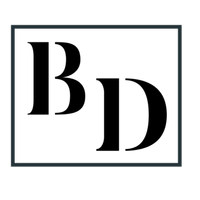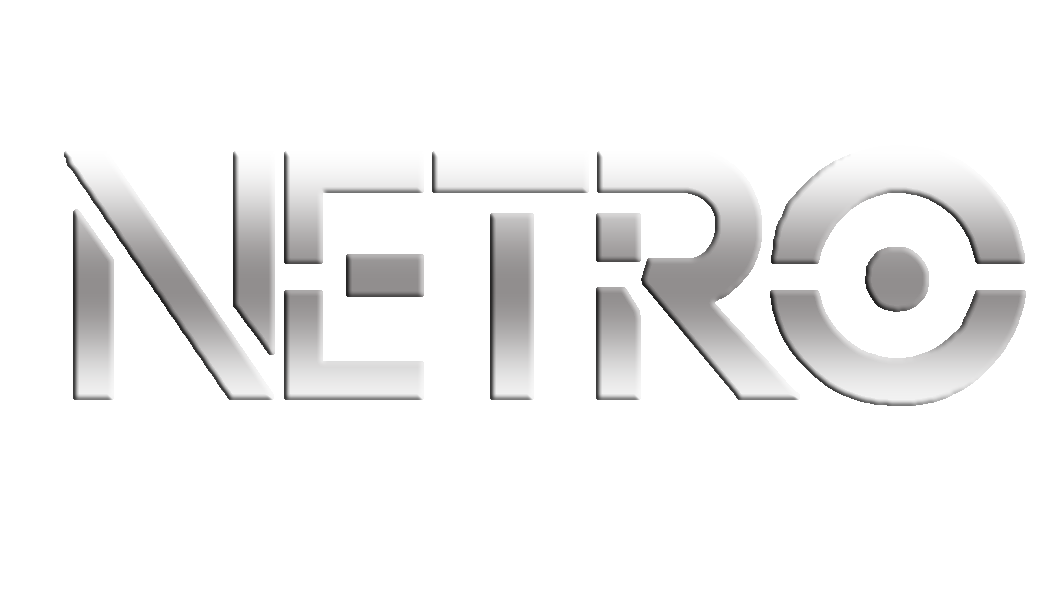Most of us understand that clear thought is an essential part of any decision in our personal and professional lives. Yet the fact that we know clear thought is essential doesn’t mean that we think clearly on both small and large decisions. There are plenty of psychological biases and social distortions that can lead us astray.
Examples are endless. For instance, the Concorde was a British-French SuperJet that flew at twice the speed of sound. It made transatlantic flights between North America and Europe in less than half the time of other airliners. Yet while customers enjoyed Concorde flights, the economics weren’t working out. On paper, the French and British government should have shut down the Concorde, yet they continued to pour significant cash into the business—mostly because national pride was at stake. The sunk costs of the initial Concorde investment led to extremely poor returns for France and the UK.
This example from Rolf Dobelli’s The Art of Thinking Clearly shows how important clear thinking is. Whether you are working with a team on a significant product update or are simply looking for clarity on whether to propose to your partner, clear thinking will make your job much easier. While minimizing human error and biases is difficult, it is certainly attainable—so long as you work at it.

Fighting a Deluge of Human Errors and Cognitive Biases
Clear thought is inexorably linked with biases and social distortions. Not only humans are social creatures, but biases are essentially rules of thumb that help us get through our days. While these biases helped us make rapid decisions and avoid predators on the African savannah, they make it extremely difficult to think clearly in the corporate boardroom or in our own homes.
Dobelli’s The Art of Thinking Clearly lists 99 of the most common thinking errors. They include everything from confirmation bias to availability bias. Dan Ariely’s Predictably Irrational also takes a deep dive into the forces that cloud our thinking and judgment. Whether you have read one or both of those books, you may be pessimistic about resisting these forces and improving your thought process. That being said, there are ways to outsmart our biases and have less diluted thought in both our personal and professional lives.
A great starting point is simple awareness. Reading this post and understanding the many biases that influence our thinking can help you recognize them in the wild. You can start by reading a listing of the biases here or reading one of the books listed above. Another great book is Super Thinking: The Big Book of Mental Models. Something as small as reading about one cognitive or psychological bias per day can help you identify them when they are occurring.
Simple awareness is probably not enough, though. To really tackle the cognitive and psychological biases that we face in our daily lives, there are plenty of tactics that you can use. You can click here to find a great article on combating our biases. Here are some examples and how we can resist them:
- Availability bias: A bias that relies on immediate examples when evaluating a specific topic. To resist this bias, think about evidence and factors that are older than the ones you are considering. They can help you make clearer decisions.
- Sunk cost fallacy: Money or some other expenditure that has already been spent. To resist this, think about approaching a new decision without thinking about the costs you have already incurred.
- Anchoring bias: A situation where you depend too heavily on an initial piece of information offered when making a decision. To combat this, put aside the anchor and approach the decision with fresh eyes.
Along with this, consider base rates when thinking about a situation that is in front of you. A base rate is a class of probabilities that is unconditioned on featural evidence. Put another way, it is empirical evidence of similar situations that you are facing. For instance, if you are thinking about the profitability of a new product idea, you may find that only 30% of new products in your industry were profitable over five years. With that base rate in mind, you can put your idea under scrutiny. If you are going to be the exception, how will you get there? This exercise can help you avoid common mental errors like confirmation bias.
Freeing Your Mind
Biases will be with us throughout our personal and professional lives, yet it is critical to be proactive in resisting those biases. Clear thought is an essential component of decision-making, so it is in your best interest to start freeing your mind. Start identifying those biases and leverage things like base rates. Doing so, you’ll be encouraged by the fact that you are thinking more clearly and making better decisions.
Ultimately, I am fascinated by cognitive biases and social distortions. No matter our intelligent level, work ethic, or prior decisions, they are still with us today. However, taking a deep interest in this subject and actively practicing at it is sure to lead to promising results in both your business and personal life. If you have any interest in learning more about these biases or how I handle them, don’t hesitate to contact me. I’d be happy to further discuss them with you.





